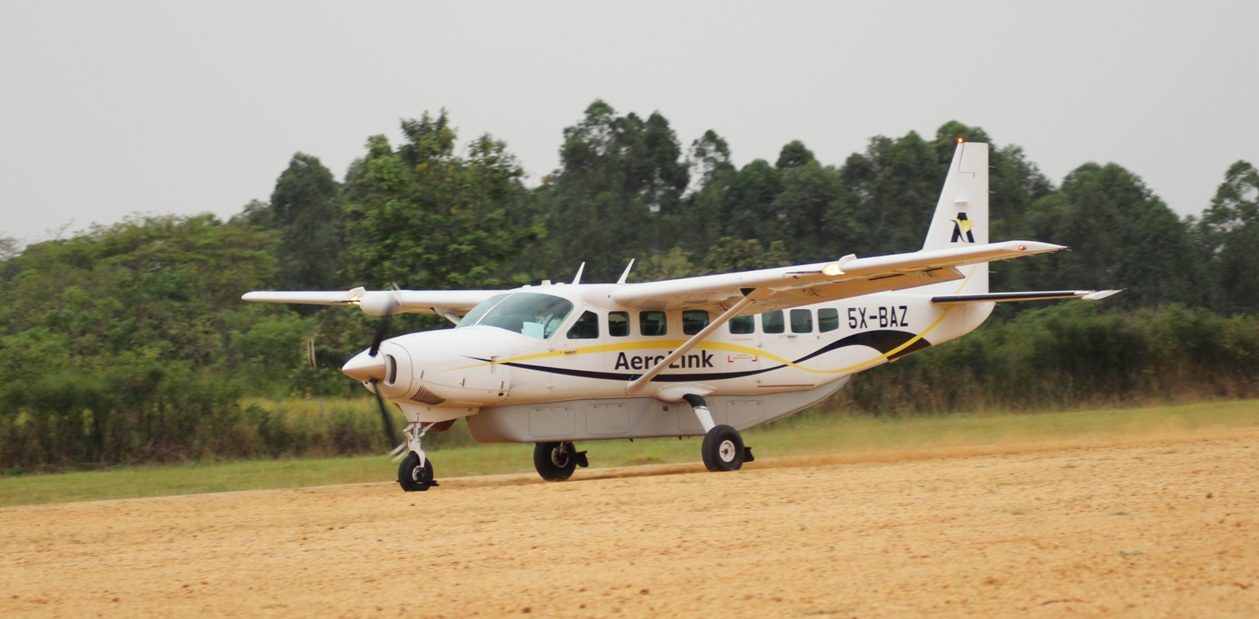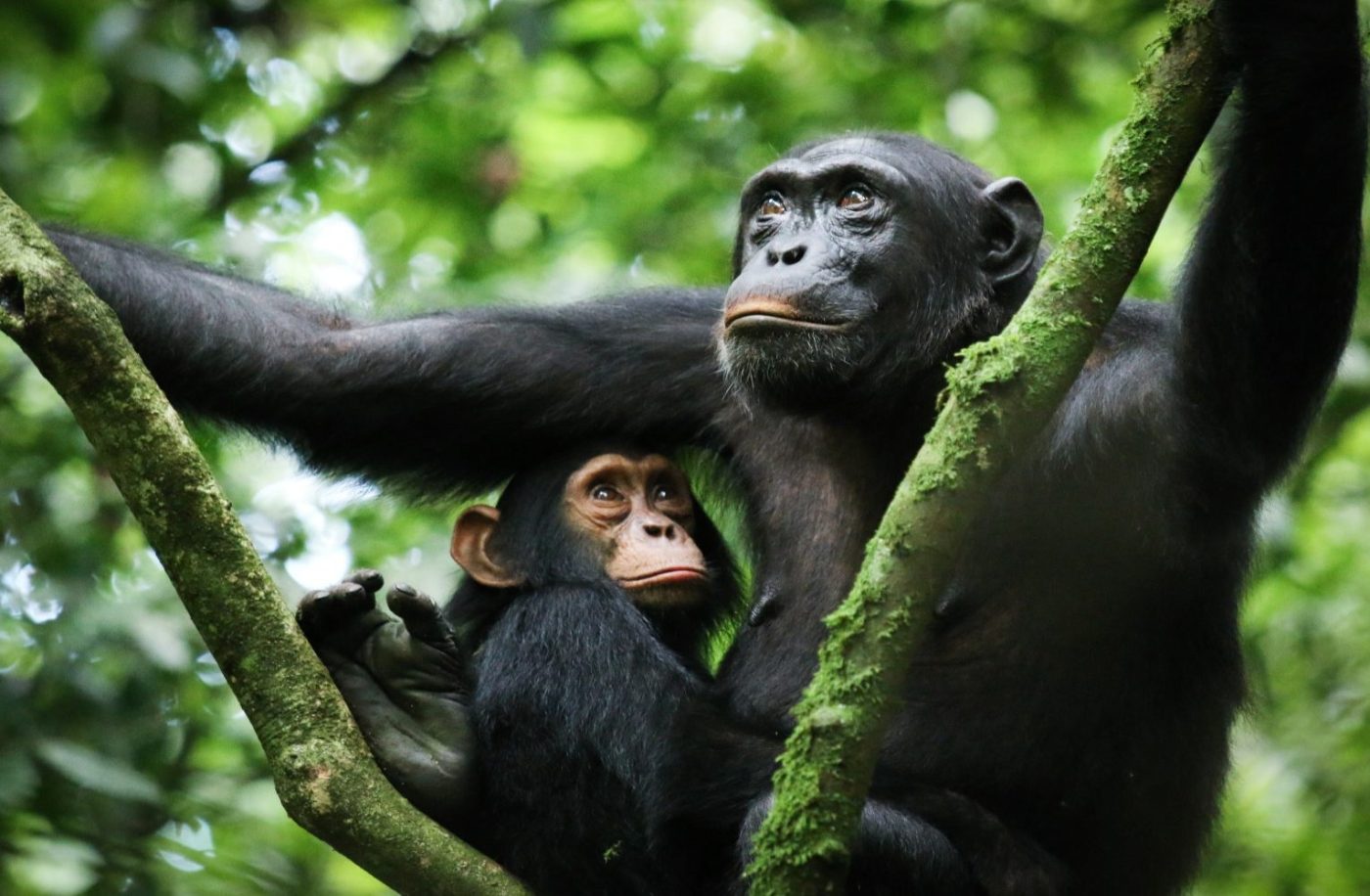 Kibale National Park: Uganda’s Primate Capital
Kibale National Park: Uganda’s Primate Capital
Kibale National Park, located in western Uganda, is one of the country’s most enchanting and biologically rich tropical rainforests. Covering 795 square kilometers, it is renowned as the “Primate Capital of the World” due to its exceptional variety of primate species. With its dense forest canopy, scenic landscapes, and diverse ecosystems, Kibale National Park is a must-visit destination for nature lovers and adventurers seeking to immerse themselves in Uganda’s wilderness.
Kibale Forest Primate Paradise
Kibale is home to an astonishing 13 primate species, making it one of the top destinations in Africa for primate viewing. Its most famous resident is the chimpanzee, and the park offers one of the best chimpanzee tracking experiences in the world.
- Chimpanzee Tracking: Kibale National Park is one of the few places where visitors can track habituated chimpanzee groups in their natural habitat. Guided treks through the forest offer a rare opportunity to observe these intelligent and social primates up close, watching them forage, groom, and interact.
- Other Primates: In addition to chimpanzees, Kibale is home to other primates, including red colobus monkeys, L’Hoest’s monkeys, grey-cheeked mangabeys, blue monkeys, and olive baboons. The park is also a haven for nocturnal primates like bush babies and pottos.
Kibale National Park: Wildlife and Birdlife
While primates are the main attraction, Kibale National Park boasts a rich variety of wildlife and bird species. Forest elephants, buffaloes, bush pigs, and duikers roam the forest floor, while the park’s vast bird population—over 375 species—makes it a paradise for birdwatchers.
- Birdwatching: Some notable bird species in Kibale include the African grey parrot, green-breasted pitta, great blue turaco, and the rare African pitta. Birdwatching tours can be arranged for avid birders looking to explore the park’s diverse avian population.
Kibale National Park: Stunning Landscapes and Ecosystems
Kibale National Park’s landscapes are a mix of lowland tropical rainforests, patches of savannah, and wetlands. The forest canopy reaches heights of over 55 meters, creating a dense, green environment teeming with life. The park also borders the scenic Ndali-Kasenda Crater Lakes region, offering visitors stunning views of the surrounding landscapes.
Top Activities in Kibale National Park
- Chimpanzee Tracking The highlight of a visit to Kibale is tracking its chimpanzees. The guided trek, which usually lasts a few hours, allows visitors to observe these fascinating primates in their natural environment. Chimp tracking permits are required and can be obtained through the Uganda Wildlife Authority.
- Chimpanzee Habituation Experience For a more immersive experience, the Chimpanzee Habituation Experience offers a full-day adventure, allowing visitors to spend more time with the chimpanzees. This activity provides insight into the process of habituating chimpanzees to human presence, giving visitors a deeper understanding of their behavior.
- Nature Walks Kibale National Park’s forest trails offer excellent opportunities for nature walks. Guided walks allow visitors to explore the park’s diverse flora and fauna, with the chance to encounter various primates, birds, and forest mammals. The Bigodi Wetland Sanctuary, located on the park’s edge, is a popular spot for nature walks and birdwatching.
- Bird Watching With over 375 bird species, Kibale is a top destination for birdwatchers. Guided birding tours take visitors through the forest and wetlands, where they can spot rare and colorful species, including the green-breasted pitta and African grey parrot.
- Community and Cultural Encounters Visitors to Kibale National Park can also engage with local communities and learn about their culture and traditional way of life. Cultural tours often include visits to local villages, where travelers can experience traditional dances, crafts, and farming practices.
Best Time to Visit
Kibale National Park can be visited year-round, but the best time for chimpanzee tracking is during the dry seasons from December to February and June to September. The weather during these months is more favorable, making it easier to navigate the forest trails.
How to Get to
Kibale National Park is approximately 320 kilometers from Kampala, Uganda’s capital, and can be reached by road in about 5 to 6 hours. The drive takes you through scenic rural landscapes, tea plantations, and small towns, offering a glimpse of Uganda’s countryside.
For travelers coming from Kigali, Rwanda, Kibale is also accessible by road. The distance from Kigali to Kibale National Park is about 520 kilometers, and the journey takes approximately 8 to 9 hours, depending on border crossings and road conditions. The route from Kigali offers picturesque views of Rwanda’s rolling hills and Uganda’s lush landscapes.
 Alternatively, for a quicker and more comfortable option, domestic flights are available from Entebbe International Airport to airstrips near Kibale National Park, such as Kasese or Semuliki Airstrip. From these airstrips, transfers can be arranged to take you directly to the park.
Alternatively, for a quicker and more comfortable option, domestic flights are available from Entebbe International Airport to airstrips near Kibale National Park, such as Kasese or Semuliki Airstrip. From these airstrips, transfers can be arranged to take you directly to the park.
For an unforgettable safari experience, explore Kibale National Park with a 4×4 vehicle from Car Rentals Rwanda. Whether you choose a self-drive safari or a guided tour, our vehicles are perfectly suited to navigate the park’s forested trails and surrounding areas. Car Rentals Rwanda offers flexible and reliable car hire services, ensuring you have a smooth and comfortable journey to Kibale.
With options for cross-border rentals, you can easily extend your adventure to include other national parks in Uganda and Rwanda. Plan your trip with Car Rentals Rwanda and experience the magic of Kibale National Park, Uganda’s primate haven.


 Kibale National Park: Uganda’s Primate Capital
Kibale National Park: Uganda’s Primate Capital